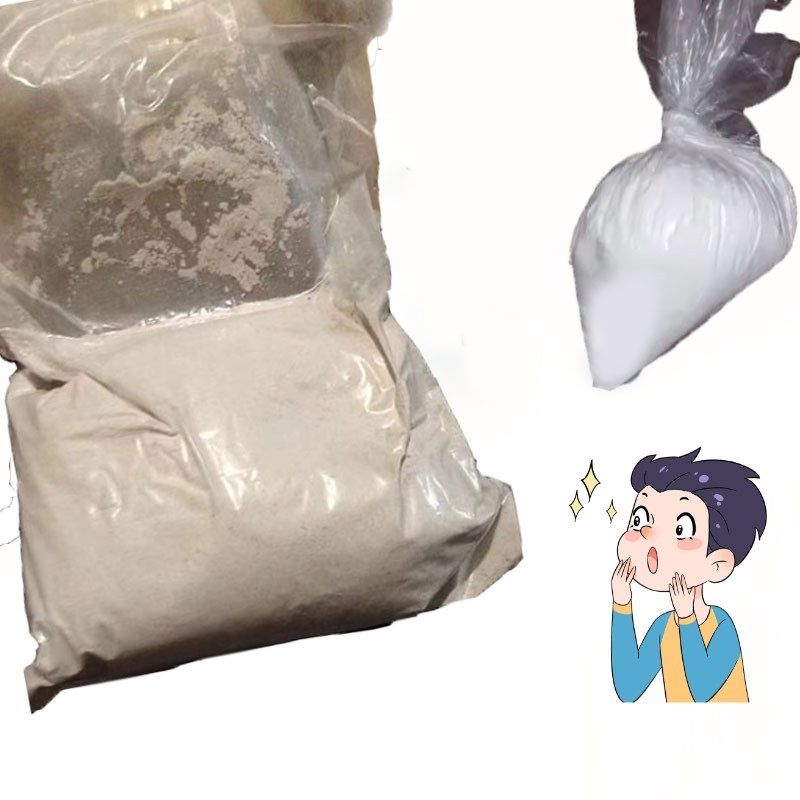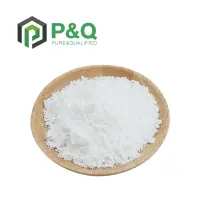-
Categories
-
Pharmaceutical Intermediates
-
Active Pharmaceutical Ingredients
-
Food Additives
- Industrial Coatings
- Agrochemicals
- Dyes and Pigments
- Surfactant
- Flavors and Fragrances
- Chemical Reagents
- Catalyst and Auxiliary
- Natural Products
- Inorganic Chemistry
-
Organic Chemistry
-
Biochemical Engineering
- Analytical Chemistry
- Cosmetic Ingredient
-
Pharmaceutical Intermediates
Promotion
ECHEMI Mall
Wholesale
Weekly Price
Exhibition
News
-
Trade Service
Congenital metabolic errors often cause a wide range of neurodevelopmental and neurodegenerative diseases.
enzyme located at the intersection of amino acid and folic acid metabolic pathways is SHMT2, a mitochondrial form of serine hydroxymethyl transferase.
SHMT2 performs the first step in a series of reactions that provide a carbon unit that is co-priced with folic acid substances in mitochondrials: it transfers a carbon unit from serine to tethydrofic acid (THF), producing glycine and 5,10-methyl-THF.
method: Using all-outer progenitor group sequencing (WES), we identified the double alleometry gene SHMT2 variant from five individuals from four different families.
all identified variants are located in conservative residuals, either missing or extremely rare in the control database (gnomAD, ExAC) and isolated based on recessive genetic patterns (pRec for the gene , 0.9918).
In the F1 family, a pure ensembal variant present in two affected siblings is located in a region without hedging (about 10MB, the only region shared by two siblings greater than 1MB), and no other candidate variants are found in that region, providing strong genetic evidence of the causal relationship between these variants.
the misalmonic/box-missing properties of these variants, as well as the fact that the total loss of SHMT2 is fatal to mouse embryos, suggests that these variants may have sub-type effects.
Using the 3D molecular dynamics model of the SHMT2 protein, we concluded that these candidate variants may alter the oligomerization process of SHMT2 and/or destroy the composition of the active bits, thereby harmfully affecting the enzyme function of SHMT2.
All patients showed similar esophageal patterns, characterized by a long cleavage of the eyelids, a third of the outer part of the lower eyelids, arched eyebrows, long eyelashes, thin upper lip, medium length, short fifth fins, fingertip meat mats, mild 2-3 toe knuckles and low thumb.
all patients were shown to be mentally and motor dysfunction, as well as spastic limb paralysis, dissonance and/or peripheral neuropathy.
, four out of five patients show hypertrophomyopathy or room gap defects, which tend to worsen over time.
all patients showed congenital microcephaly; MRI showed abnormalities in all patients and p1-P4 patients had visible changes in multiple microcephaly echoes around side fractures.
four-part four-headed muscle and myocardial biopsy showed a change in myopathy, and a cardiomyopathy biopsy showed "uneven red" fibers, suggesting that the mitochondrials were defective.
to assess the pathogenicity of the SHMT2 variant, we perform functional tests on the primary fibroblasts of the patient's source.
levels of SHMT2 protein in fibroblasts did not change significantly.
although all metabolites in the plasma were within the normal range, the glycine/serine ratio of fibroblasts of the affected individuals decreased significantly compared to the control group.
metabolism is also impaired: the patient's level of 5-methyltephetyl hydrochloric acid increases relative to the total folic acid level.
SHMT2 tyhydropholic acid (THF) substrates are not detectable in mitochondrial-rich samples of controlled fibroblasts, but low levels of this molecule can be detected in the extract of patient fibroblasts.
data to support the loss of SHMT2 enzyme function in these patients.
because folic acid and serine are necessary for correct mitochondrial translation, we verified the level of mitochondrial OXPHOS complexes, which did not change.
, we describe neurodevelopment, syndrome and movement disorders associated with heart defects.
although the severity varys to some extent, the clinical manifestations of all individuals are consistent, creating a clear and identifiable clinical syndrome of metabolic defects in folic acid and amino acids.
García-Cazorla, S. , Verdura, E., Juli?-Palacios, N. et al. Desmeds of the mitochondrial one-carbon metabolism enzyme SHMT2 causes a novel brain and heart developmental syndrome. Acta Neuropathol (2020). MedSci Original Source: MedSci Original Copyright Notice: All text, images and audio and video materials on this website that indicate "Source: Mets Medicine" or "Source: MedSci Original" are owned by Mets Medicine and are not authorized to be reproduced by any media, website or individual, and are authorized to be reproduced with the words "Source: Mets Medicine".
all reprinted articles on this website are for the purpose of transmitting more information and clearly indicate the source and author, and media or individuals who do not wish to be reproduced may contact us and we will delete them immediately.
at the same time reproduced content does not represent the position of this site.
leave a message here.







